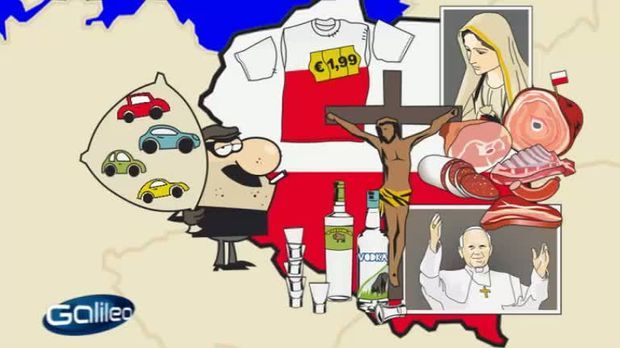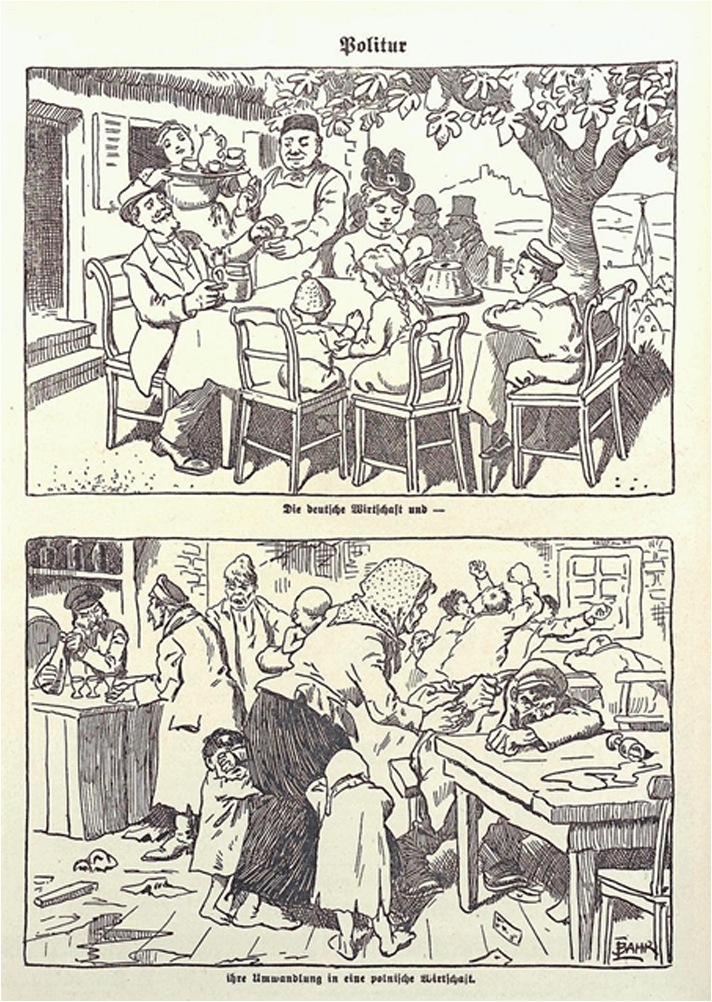SobieskiSavedEurope
Gold Member
- Thread starter
- Banned
- #21
Polish people are kings of thieves!

That's Germans, they stole up to 20% of Europe's art in WW2.
Nazi plunder - Wikipedia
Approximately 20% of the art in Europe was looted by the Nazis, and there are well over 100,000 items that have not been returned to their rightful owners.[



 Americans don’t think about Poland ever
Americans don’t think about Poland ever